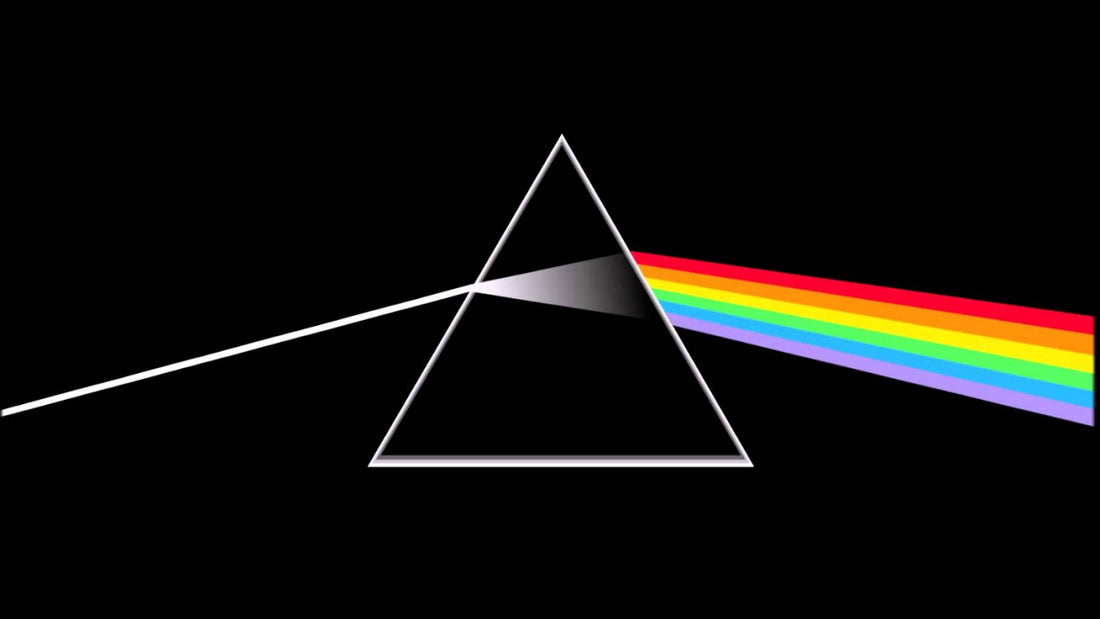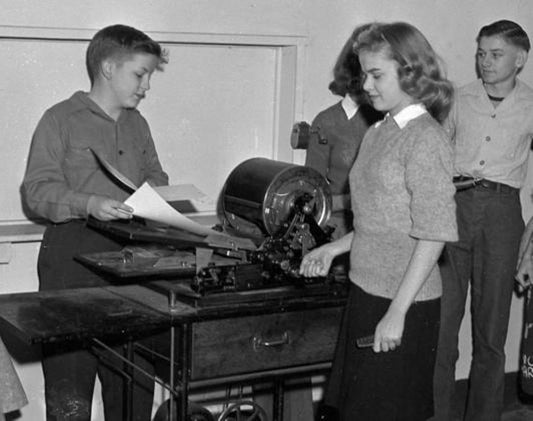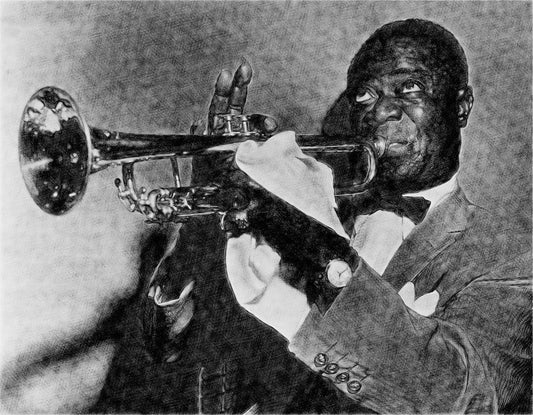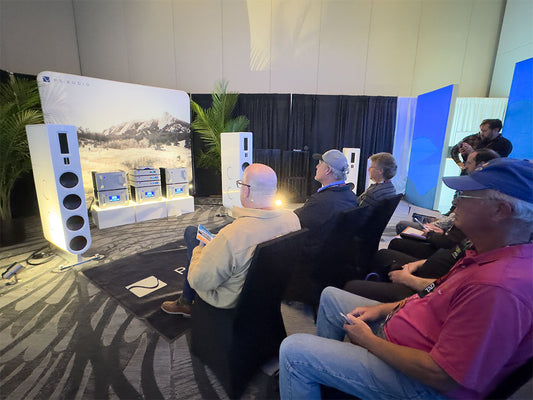From my upcoming novel, Ninety-Nine Percent True. Just a little background. I am recalling in this passage the last days of the British Rock Festival in 1972 when I had my mobile recording studio at the ready.
“The last day of the festival was to be the most exciting. No bands played the entire day, as crews dismantled the two stages, then erected a single, bigger stage—and rewired the sound system for what would later become known as Quadraphonic sound, an early version of what today we call surround sound. The act everyone had waited for was on tap for 8 p.m., just as it was getting dark: Pink Floyd.
I was keyed up as well, cleaning the tape-recorder heads, making sure everything was in place for that evening, the most important recording I had ever made. Pink Floyd was, by far, the biggest act in the show, and was already an ascending phenomena. Today they can boast of 16 gold albums, 13 platinum, and 10 multi-platinum. Their seminal works, The Wall and The Dark Side of the Moon, are two of the best-selling albums in the history of music. Dark Side, the album they were about to debut at the concert in Germany, would be on the Billboard Top 200 Albums Chart for a record 736 weeks. (It finally dropped off the charts 14 years later, in 1988.)
As night fell, I could feel the crowd’s excitement. Roadies and stagehands scurried over the newly constructed wooden platform that would soon host Pink Floyd. I was ready, as was my crew. Then the concert’s two promoters, Marcel and Marek, accompanied by a silent, heavyweight guy, meekly approached the van to let me know that I would not be recording the Floyd, despite the fact we had a written contract to the contrary. All my angry outbursts, and my jumping up and down in frustration were to no avail. Pink Floyd wanted nothing to do with the recording and that was that. To make sure I didn’t attempt to make a pirate recording, they posted a muscular roadie just outside the van.
Terri and I were crushed. Recording Pink Floyd had been one of the primary motivations for agreeing to the job in the first place. Depressed and upset, we dragged our tails out into the crowd, where the promoters had set up a reserved area for us to enjoy the show, just slightly above the noisy, muddy throngs.
The lights dimmed, and all went surprisingly quiet—only an anxious buzz rippled through the crowd. Then Pink Floyd walked onstage. It was May 22, 1972, and they played a precursor of the music that would soon become their newest album—Dark Side of the Moon—for concert goers in full surround sound. To this day, it remains one of the more remarkable concerts I have ever seen or heard. Unlike any other concert, the band didn’t speak a word. They just played the entire album without breaks—one long, linked song, with both rehearsed and spontaneous riffs blowing through the audience as if we were all traveling together through space. During the music, not one member of the crowd acted poorly. The music, the surround sound, the warm May summer night, the slight breeze fluttering the many flags—all combined to make magic happen, as only music can do.
To this day, I am thankful that Pink Floyd’s management stopped me from recording the concert. Had I been stuck inside that cramped van, listening through monitor speakers to a pale facsimile of the music, I’d have missed one of the greatest musical events in the history of rock.”









